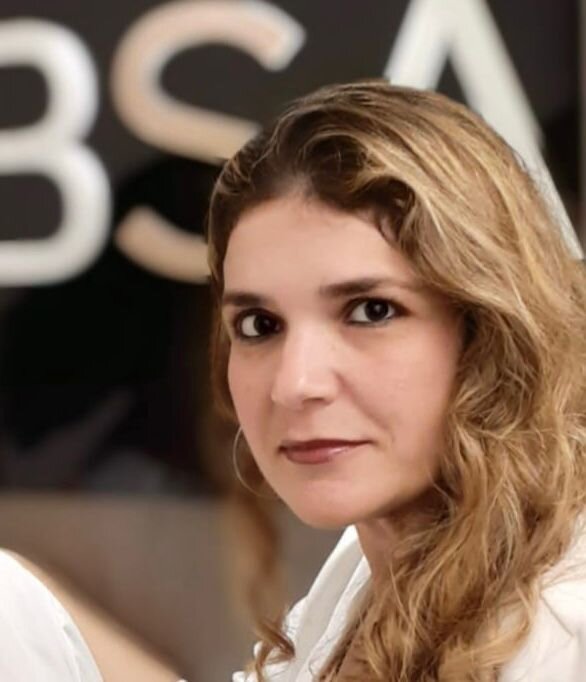Diagnosis: a basic right
by Andreia Bessa - Lawyer House of the Rare
early diagnosis is a fundamental right of people with rare diseases and represents the starting point for access to treatment, social inclusion and full human dignity. In Brazil, more than 13 million people live with these conditions, often facing years of uncertainties and suffering until a name is given to what they feel. Naming the disease means more than identifying a problem: it is to ensure the onset of structured care, reducing physical and psychic suffering, and allowing the patient and family to organize before the challenges to come. Without diagnosis, there are no treatments, adaptations
students, care benefits or public policy participation.
"ensure the diagnosis is to ensure the beginning of a care, protection and inclusion" inclusion journey.
windows - some diseases, such as spinal muscle atrophy (AME) and Gaucher's disease have therapeutic opportunity windows that, if outdated, significantly compromise quality and life expectancy. Therefore, early diagnosis needs to be understood as public policy for health protection and a constitutional duty of the state.
lesgislation - the Federal Constitution, in its articles 5 and 196, establishes health as the right of all and the duty of the state. Rules such as GM/MS Ordinance No. 199/2014 and Law No. 12,401/2011 complement this legal framework, reinforcing the obligation to make diagnostic examinations and procedures available in SUS. In the private sector, the Consumer Protection Code also ensures access to these exams by health plans, prohibiting unjustified negatives that configure abusive practice.
Example - The legislation that deals with neonatal screening is perhaps the most concrete and emblematic example of the realization of the right to early diagnosis. The foot test, held in the early days of the newborn's life, allows the detection of various genetic, metabolic and infectious diseases, even before symptoms appear. With the expansion of the disease panel provided for by
Law No. 14.154 /2021, this public policy has become even more powerful, ensuring that children with rare conditions can be treated or monitored since the beginning of their lives. Neonatal screening must be understood as an unenforceable obligation of the State and an inalienable right of the child, reinforcing the principle of prevention, equity and dignity of human person in health policies. Ensuring the diagnosis is to ensure the beginning of a care, support and inclusion journey. It is transforming a constitutional right into concrete and accessible reality for all.


